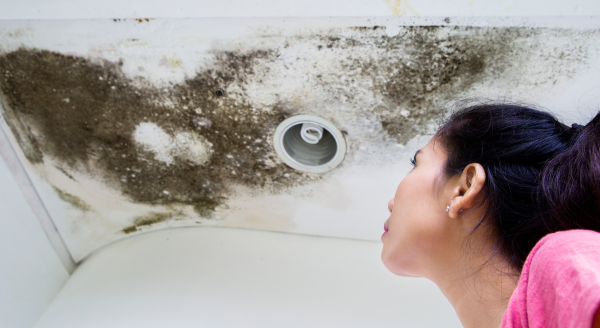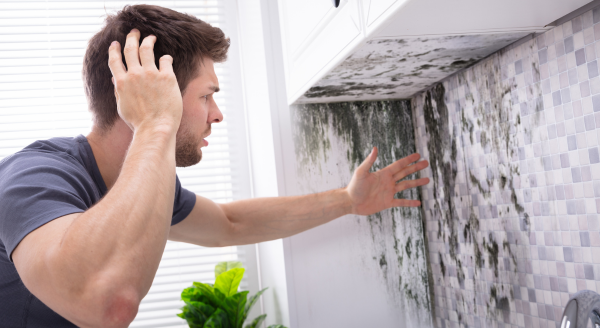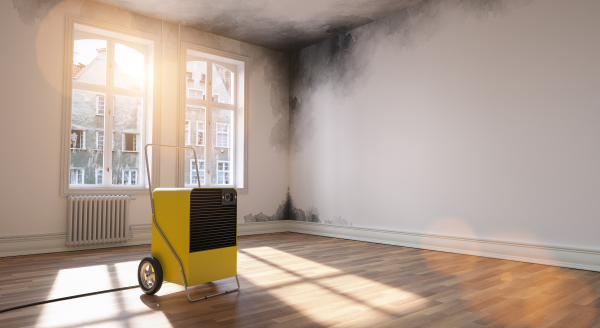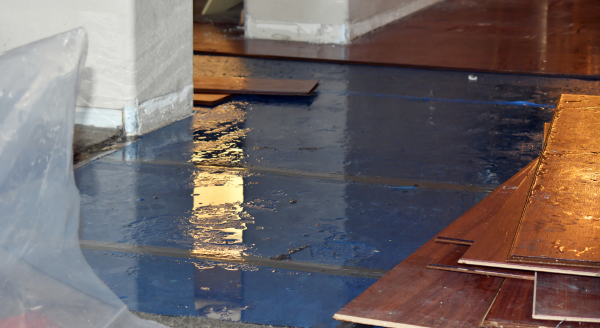If you are interested in becoming an independent contractor, this is certainly the year to do it. With so many businesses moving online, countless new marketing tools exist. Additionally, starting from the ground up makes it easy to develop safety policies in light of the global pandemic. Mold remediation is an excellent business with numerous opportunities for growth. Let’s take a closer look at how to become a mold remediator.
Why Become a Mold Remediator?
While mold remediation and mold assessment are different occupations, both make excellent choices for self-employment. Not only is mold remediation a necessary job, but it is also relatively quick to learn and provides many opportunities for business growth. Make your own schedule, develop your own brand personality, and be your own boss.
How Can You Become a Mold Remediator?
Of course, as is the case with any independent contractor, you must take a few legal steps to become a professional mold remediator. If you are interested in becoming licensed, make sure you adhere to the following process.
1. Check your state’s mold remediation laws.
As with most things, every state possesses different mold licensing laws. To ensure you receive the proper legal training, check your state’s specific instructions regarding mold education. Keep in mind that mold remediation is not the same as mold assessment. While mold assessment refers to the testing of a mold problem, mold remediation refers to the removal of the problem itself. Because the two are different (and must be performed by different contractors), the licensing laws might differ.
2. Receive the proper training and licensing.
Even if your state does not require formal licensing, it is still important to be skilled and knowledgeable in your field. Online classes, seminars, conferences, etc. provide excellent resources for learning more about the mold industry.
Additionally, receiving your mold remediation license provides accountability and credentials that increase customer trust. Clients want to know that they can trust their contractors, and licensing is one simple way to improve your marketing. You can receive your mold remediation license online with little to no hassle.
3. Begin marketing your business.
No business succeeds without marketing. Particularly in 2021, digital marketing plays a huge role in the overall success of an independent contractor. The first thing most people do when considering a business is to check online. A good marketing strategy makes all the difference in the world.
Fortunately, as a self-employed contractor, you can ensure that your brand reflects your personality and values. Marketing is fun when you can make it personal to you and connect with clients along the way.
4. Further your education as your business grows.
As a mold remediation specialist, it is important not to get overly “comfortable” in your routine. To grow your business and stretch yourself, continue taking online classes and furthering your education in the field. As you learn more about the industry, your networking opportunities increase, and you become more of a leader in the field.
Looking for a Training Institute?
If you aren’t sure how to go about taking classes or the licensing examination, call us today. The National Environmental Training Institute (NETI) is a state-certified training company offering Mold Remediator and Mold Assessor training. NETI also offers continuing education units (CEU’s), certification, and licensing.










